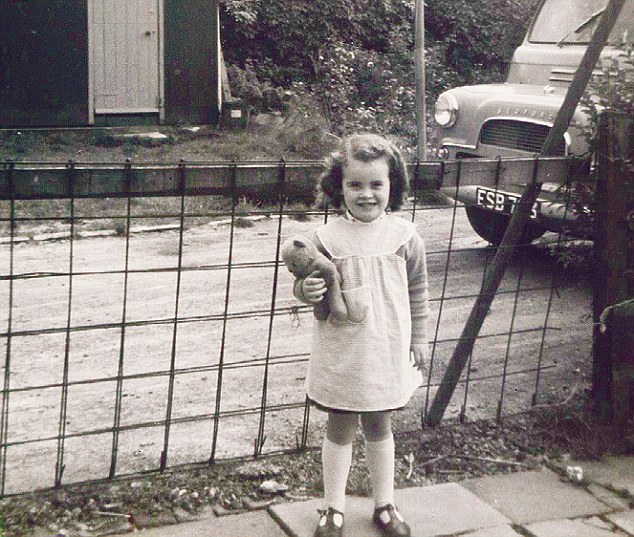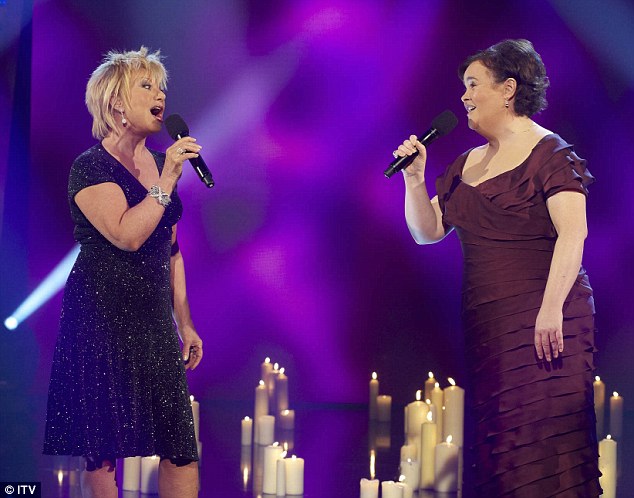As the first notes of my song played, I could feel the weight of every pair of eyes in the room. Thousands of them, rows and rows of strangers staring back at me, waiting. I heard a few snickers echo through the auditorium, but I was used to that. I’ve had people laugh at me before, so I’d learned how to endure it.
I knew what they were thinking. That I didn’t look the part. That someone like me couldn’t possibly have a voice worth hearing. But I opened my mouth and began to sing I Dreamed a Dream, and in that moment, everything changed.
My story, I suppose, really began back when I was just a baby. My mother was 45 when she had me—her ninth child. Doctors had warned her not to go through with the pregnancy, saying it was too dangerous. But my mother, a devout Catholic, wouldn’t hear of ending it. I was born by emergency caesarean, tiny and struggling to breathe. After weeks in an incubator, the doctors told my parents that I might have suffered brain damage, and that I likely wouldn’t amount to much.
But I was determined to prove them wrong.
Growing up in Blackburn, just outside Edinburgh, I didn’t have it easy. I had trouble learning and was labeled “hyperactive” early on. At school, I couldn’t always express what I was thinking, even when I knew the answers. But music became my refuge. My mum would sing while tidying up, and my father—bless him—had a lovely tenor voice. Our house always had music, whether from the old piano stool full of sheet music or the records I played in my room to escape.
My first solo came during a school concert. I sang Child in the Manger. My nerves faded as soon as I began. When I finished, there was a stunned silence, followed by applause. People told me I had a gift, and that stuck with me.

In my early twenties, I discovered the joy of singing in pubs. One night, I sang I Don’t Know How to Love Him at the local pub and was overwhelmed by the applause. It felt like I’d unlocked something in me, something that let people really see who I was. That night changed everything. I kept sneaking out to sing every Thursday. Music gave me confidence and connection.
Over time, I auditioned for a few shows—Opportunity Knocks, My Kind of People—but nothing came of them. It wasn’t until I met Fred O’Neil, a vocal coach, that I started to believe in my voice again. I won a small competition and spent the winnings on a necklace for me and a pink twinset and clock for my mum.
My parents meant everything to me. When my dad passed away, I stayed with my mother. We grew even closer. When she died in 2007, I was devastated. The house felt so empty. I couldn’t bring myself to turn on the heating, afraid of the bills. I sat in silence with only our cat Pebbles for company. But I could still hear my mother’s voice in my mind, urging me to do something more.
So when Britain’s Got Talent came around in 2009, I summoned the courage to audition. I was 47, with unruly hair and mismatched shoes. I nearly missed the audition due to bus confusion, but I made it—just. I walked on stage, awkward but determined, introduced myself, and sang. By the end of my song, the entire theatre was on its feet. The applause was deafening.
I walked off, forgetting the judges, caught in the wonder of the moment. When they called me back, I realized they were standing too. Simon Cowell, Piers Morgan, Amanda Holden—each one said yes. It felt like a dream.
The attention that followed was overwhelming. I had no idea what YouTube was at the time, but my audition clip went viral overnight. Suddenly, I was the face on every newspaper. Even Pebbles got fan mail.
For the semi-finals, I chose Memory from Cats. It was a tribute to my mother, a song full of emotion and longing. Despite being ill and nervous, I got through. And though I didn’t win the final, I felt victorious. I’d proven something—to myself and to the world.
Since then, I’ve traveled, recorded albums, and even sang with Elaine Paige, my lifelong idol. I’ve performed in Tokyo and stood on stages I never thought I’d see, let alone sing on.
I’ve also had deeply personal moments—my trip to Lourdes with my mother, where I felt something divine. The tenderness of my first crush, John, whose simple kiss stayed with me. And even the chaos of wearing Spanx under a designer dress, feeling like a penguin before a performance.
Looking back, I’ve lived many lives in one. I’ve gone from being told I’d never be anything to hearing audiences from across the globe cheer for me. If I’ve done anything worthwhile, I hope it’s helped people realize that no matter your challenges, no matter your background or the opinions of others, your voice matters.
I don’t know what the next chapter will be. But I know I’ll keep singing. Because it’s not just what I do—it’s who I am.
